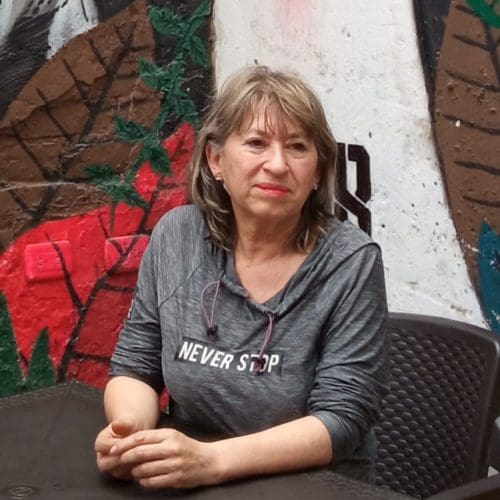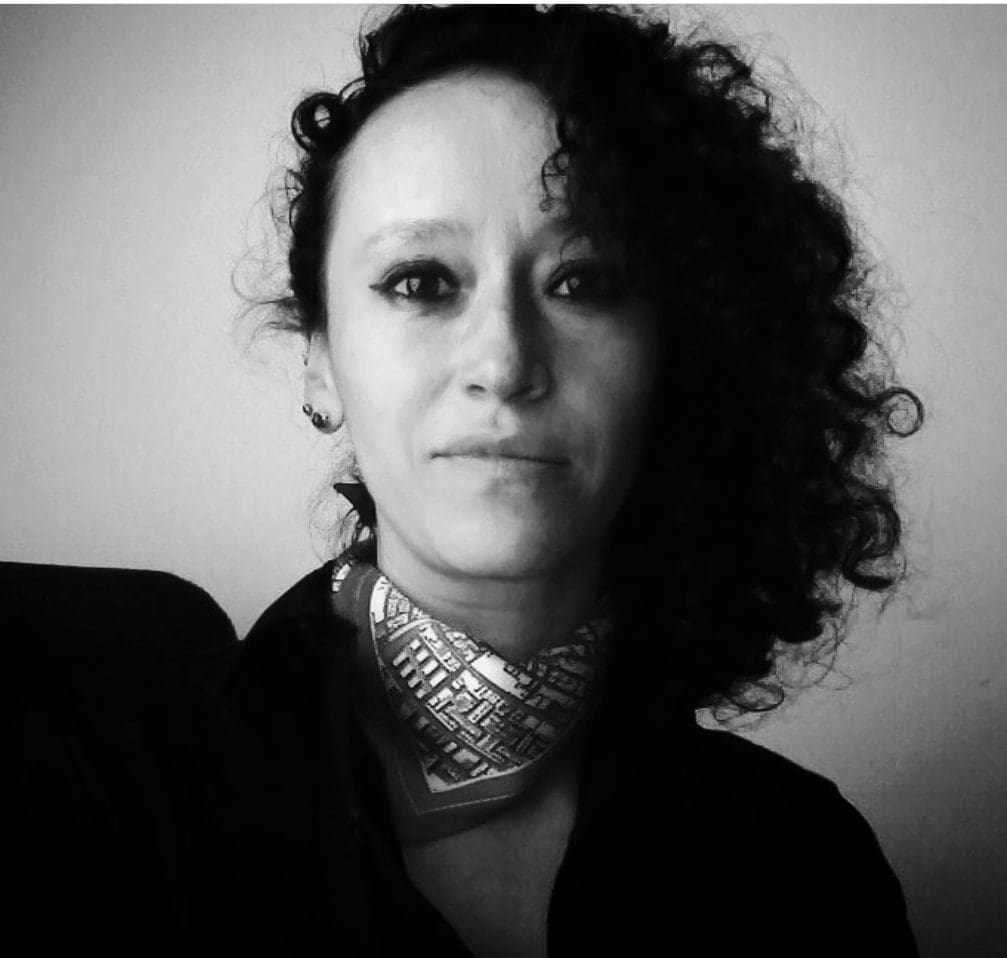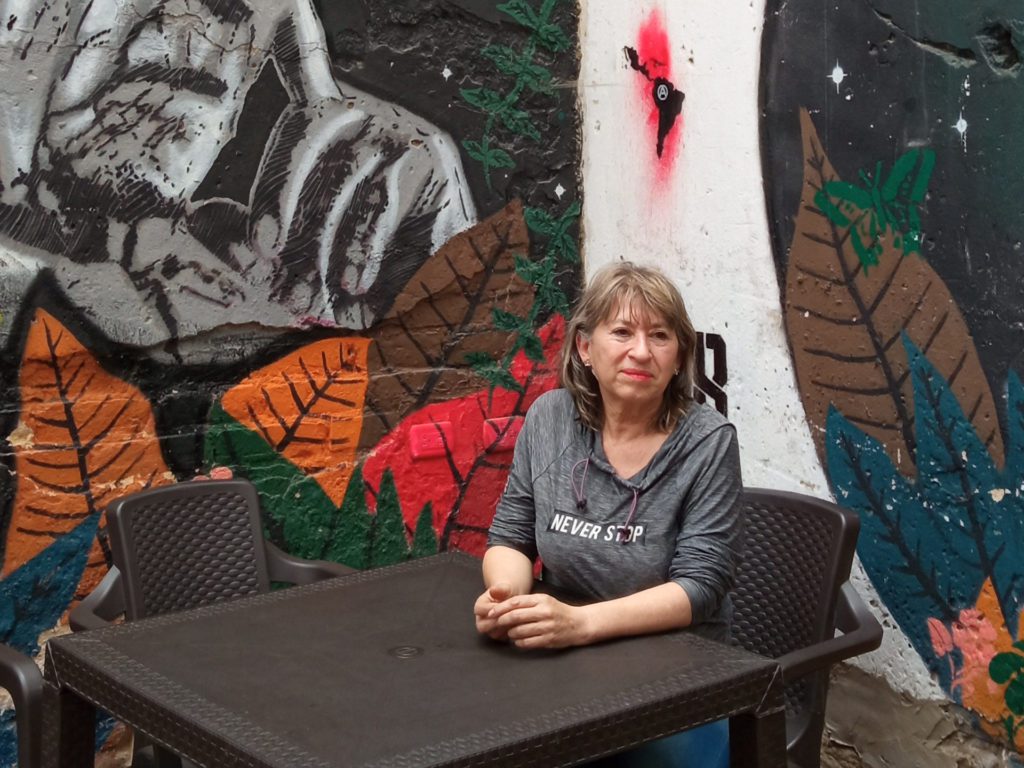From taking up arms to making beer: former guerilla bets on peace in Colombia
I was imprisoned during the peace process, and the truth was I didn’t think it was possible. But today I am convinced that peace is a daily exercise, built day by day.
- 2 years ago
February 22, 2022

DISCLAIMER: The following contains several instances of profanity/strong language.
BOGOTÁ, COLOMBIA—My journey to beer maker and ex-combatant started more than 30 years ago.
Back then, I belonged to the Patriotic Union (UP), the political party arm of the Revolutionary Armed Forces of Colombia (FARC) guerrilla. I was born in the department of Tolima, but at that time I lived in Medellín. As the song says, “it doesn’t matter where you are born, or where you die, but where you fight,” so I consider myself “Paisa” (the name used to refer to people from this area of the country).
I was already working underground with the guerrillas. Those were very difficult times; paramilitary gunmen were assassinating thousands of UP members. For me, the final straw was the murder of some boys who belonged to the Communist Youth (JUCO). I decided to go to the mountains.
Life as a guerilla: joining the FARC
Life as a guerrilla was not easy. We had to carry heavy packs and endure cold, sun and rain, as well as the harassment of the army we fought. Still, I was happy, I did what I believed was right, and worked alongside people who fought for the same ideals.
I spent 15 years in the bush and 14 years in prison, but I always count them as 29 years in militancy—even when I was in prison, I was still a FARC member. In the guerrilla, I did everything, I was “todera,” or a jack of all trades; I fulfilled various roles and traveled a lot. I think they trusted me.
From my life in the guerrilla, I miss the fraternity, the camaraderie; we were a family, or at least that’s how I felt. I liked walking through the mountains and talking with the peasants.
The civilians loved us. Otherwise, we would not have endured more than 50 years amid military harassment. As a group, FARC made mistakes and we’ve asked forgiveness for certain acts of violence. However, we were at war, and I believe people should consider those acts in that context.
La Trocha: daughter of the peace agreement
I was imprisoned during the peace process from 2012 to 2016, and the truth was that I didn’t give a damn about that agreement; I didn’t think it was possible. But once peace was signed, it convinced me that we have to risk everything so the agreements can actually be realized.
The media emphasize that the peace agreement only benefits the demobilized and that it is an agreement made for the former guerrillas, but 80% is promised for social and economic reforms.
La Trocha is a project consisting of 10 ex-combatants in the process of reincorporation; I am the only woman. In 2019 we started as a corporation and until January 2020 received money from the Peace Fund.
We initially planned to dedicated ourselves to making soaps and essential oils. However, one day we received an invitation to collaborate from producers of La Popular beer in the municipality of Ubaté. We changed our soaps for beer in February 2021, and we have had a lot of support.
This is a collective construction, not only with the comrades who are part of the project but also with civil society. We arrived at this house with four tables and 16 chairs; little by little, we have been furnishing this space with help from fellow artist groups. That was what we were looking for: to build a space for reconciliation and reunion.
Those who come here are people convinced that we simply cannot go back to war, and that implementing the peace agreement is the only way forward.
We don’t only sell La Trocha here. We also support other ventures of fellow comrades and periodically organize markets for peace featuring products made by victims of the conflict.
Looking to the future
La Casa de la Paz wants to become a landmark, and eventually adapt a part for a museum of the social and cultural values of FARC and also of the national strike. We want to feature all the products created by ex-combatants and victims from remote areas, and for people to continue to take ownership of the house and to continue coming, not to leave us alone.
Our organization wants to manage the beer franchises, take them to other regions and other countries. We want them to embrace us rather than kill us.
I am convinced that peace is a daily exercise, built day by day. War is a motherfucker, and we can never go back to it.






























































































































































































































